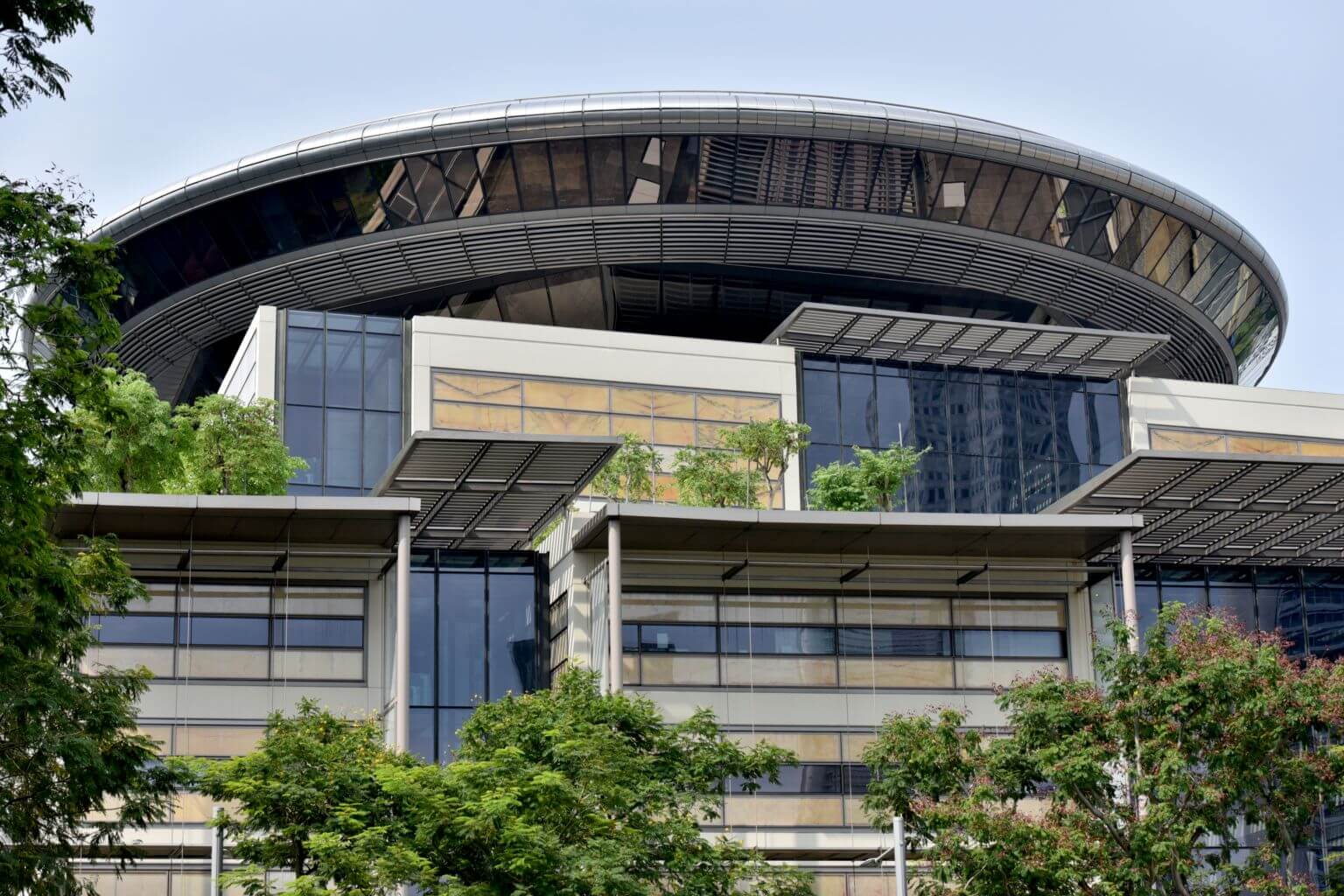In a first, top court allows witness to testify from abroad via video link
Witness in negligence suit feared he would be prosecuted in S'pore over property purchase
Sign up now: Get ST's newsletters delivered to your inbox

The High Court in its decision last year recognised the novel question of law posed by the video-link application and allowed an appeal against the matter as it would be to "public advantage" for the top court to address the important issue raised.
PHOTO: ST FILE
The top court has for the first time allowed video testimony from a witness abroad whose grounds for not turning up in person was fear of prosecution.
The High Court last year had refused to allow the witness, Mr Tejinder Singh Sekhon, to testify from Australia via video link, but the Court of Appeal overruled it after hearing the case last month.
Australian national Tejinder was prepared to testify as a witness for Singaporean Anil Singh Gurm in a lawsuit here over alleged negligence in relation to the legality of buying a semi-detached house in Serangoon Gardens. But he feared returning to Singapore might lead to prosecution over the same property purchase.
As a foreigner, Mr Tejinder could not buy the house in his own name, so he had Anil do it. But Mr Tejinder paid all the outlays, and lived there from 2007 to 2011 before selling the house and returning to Australia. A check showed the house is now worth some $5 million.
In January 2015, Anil was charged with buying a property as a nominee for a foreigner with the intention to hold it in trust for the foreigner. This is prohibited unless approval is obtained.
Anil then sued the law firm and a lawyer in the firm, which had advised him on the property purchase. He now wants Mr Tejinder as his witness for the civil suit.
The High Court in its decision last year recognised the novel question of law posed by the video-link application and had allowed leave to Anil to appeal against the matter as it would be to "public advantage" for the top court to address the important issue raised.
At last month's Court of Appeal hearing, his lawyers Deborah Barker and Ushan Premaratne urged the court to focus on the prejudice suffered by the parties if the video-link testimony were not allowed, arguing the relevant section of the Evidence Act should be interpreted widely to achieve the purpose of the Act.
Lawyers Chandra Mohan and Ang Tze Phern for the respondents countered, among other things, that the giving of evidence via video link is the exception rather than the rule and a witness who desires not to return to Singapore solely to avoid prosecution here is merely "unwilling", and not "unable", to give evidence in Singapore.
They added that the evidence Mr Tejinder proposed to give via video link would potentially serve to exonerate him from the offence he was seeking to avoid being charged with.
The Court of Appeal, comprising Chief Justice Sundaresh Menon and Judges of Appeal Tay Yong Kwang and Judith Prakash, in allowing the appeal, accepted that a purposive interpretation should be given to the provisions under the Evidence Act permitting video-link evidence.
The court will issue its full decision grounds in due course.
Senior Counsel Barker said when contacted yesterday that the case is ground-breaking as the appeal court considered the principles to be applied when deciding whether to grant leave for a foreign witness to give evidence by video link.
"The court found the fact that the witness was unwilling to come to Singapore due to a fear of prosecution was not a bar to allowing him to give evidence by VL (video link)," she said. "The Court of Appeal concluded that concerns whether such a move would bring the administration of justice into disrepute were outweighed by the public interest in access to justice, namely, that a litigant should be allowed to bring before the court evidence critical to his case."
The court ordered $36,000 in costs be paid to Anil in relation to the High Court hearing last year and this Court of Appeal hearing. The negligence suit by Anil is ongoing. Mr Tejinder is now cleared to testify by video link at a date to be fixed.


